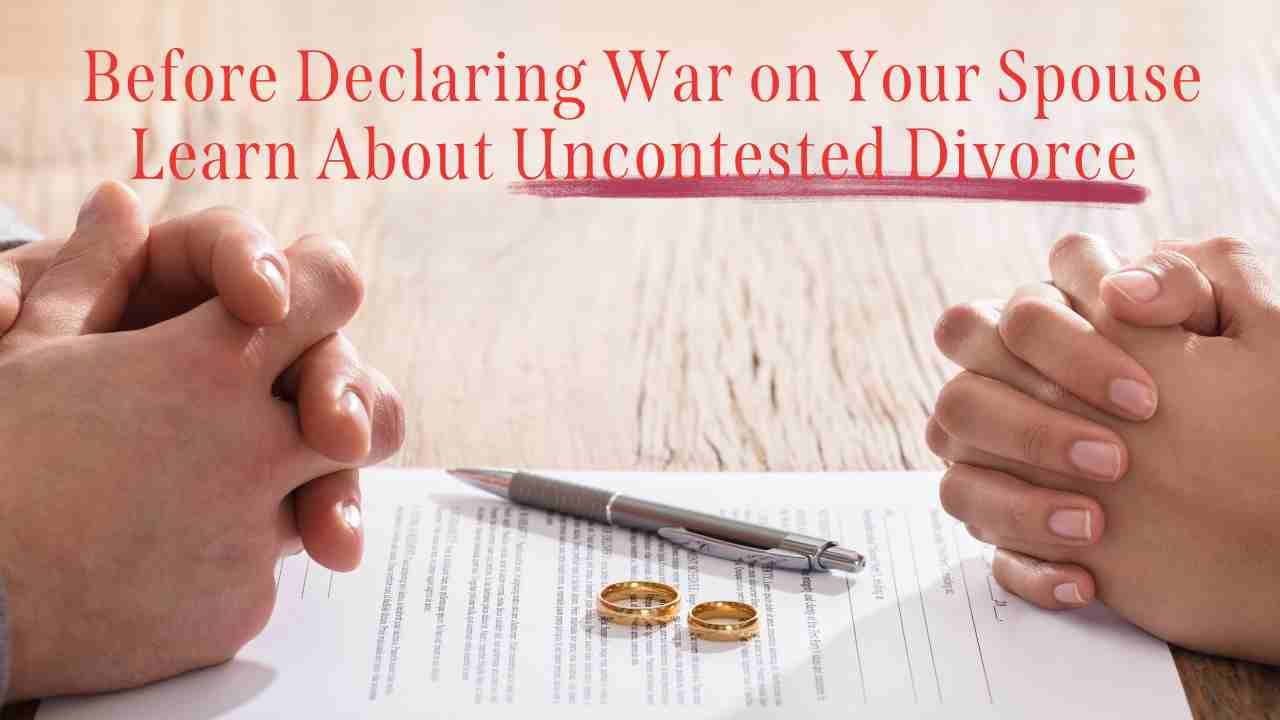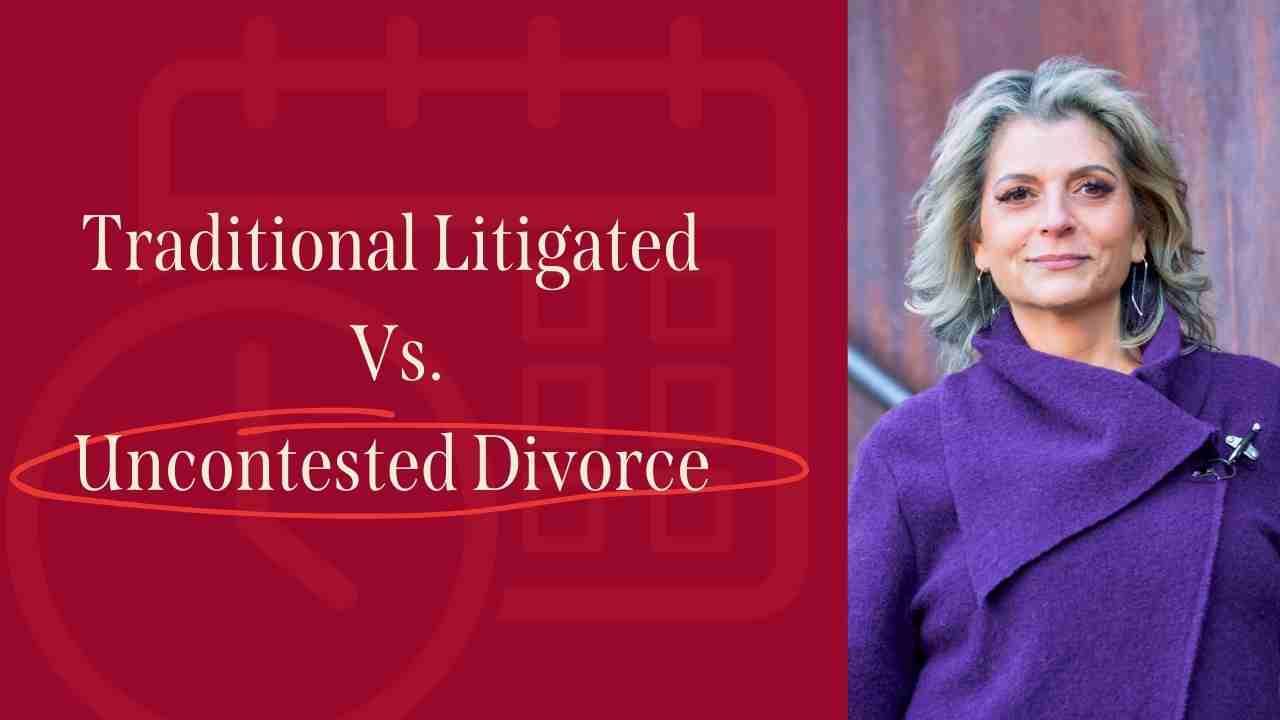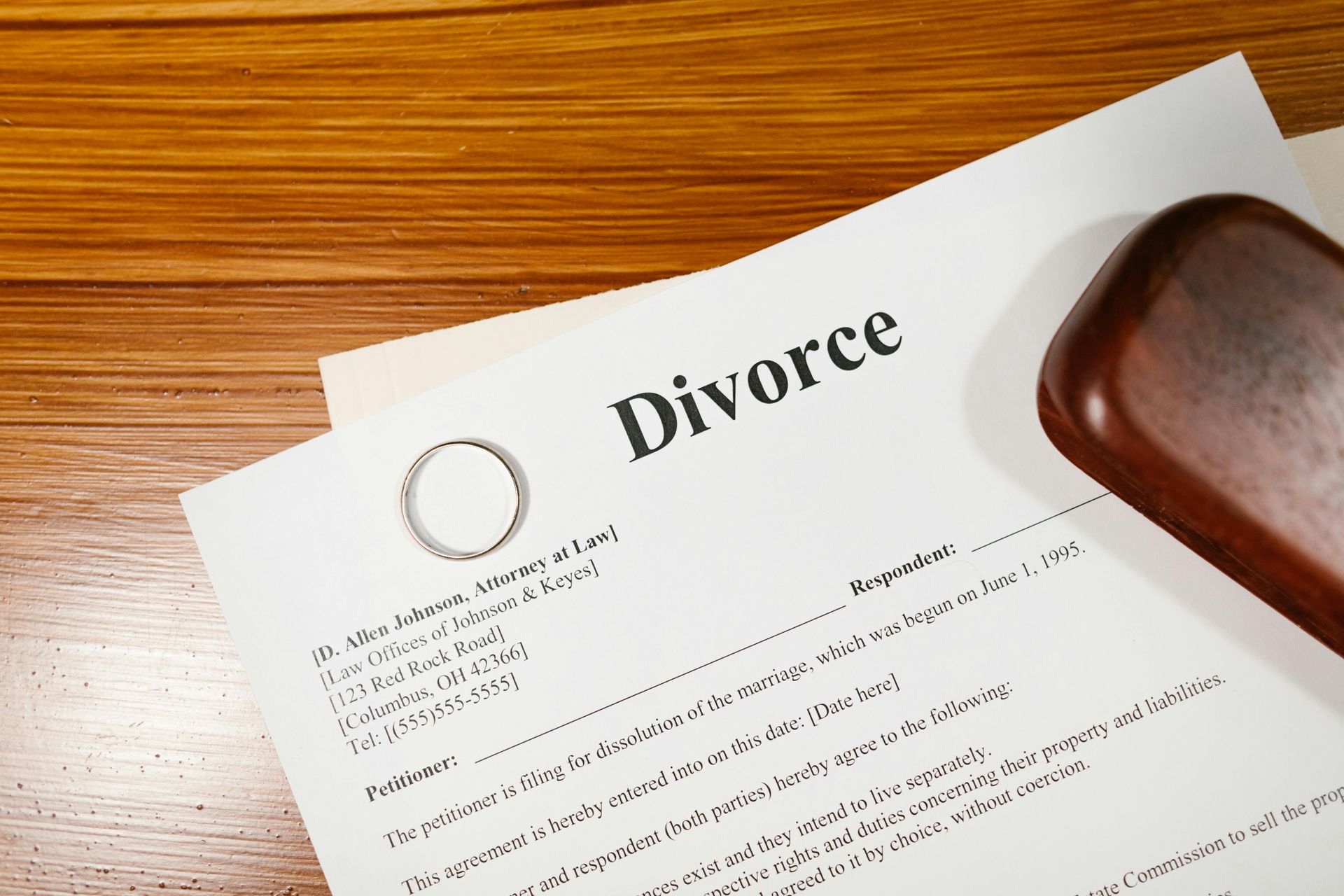Rebuilding After Divorce: Healing From Narcissistic Abuse

Introduction
You survived the divorce — now what? If your ex was narcissistic or emotionally abusive, the paperwork may be done, but the healing has just begun. Narcissistic relationships often leave deep scars on self-trust, nervous system balance, and your sense of worth. At Evolved Law, we believe recovery after divorce isn’t about revenge — it’s about returning to yourself. Here’s how to rebuild with clarity, courage, and peace.
1. Acknowledge That It Was Abuse
You can’t heal from what you don’t name. Narcissistic abuse is subtle — it’s not always screaming or violence. It’s emotional erosion: gas-lighting, manipulation, withdrawal, and conditional love.
As
Dr. Ramani Durvasula often says, “Narcissistic abuse is death by a thousand paper cuts.”
What it might have looked like:
• You apologized constantly to keep the peace.
• You stopped trusting your own instincts.
• You walked on eggshells daily.
Naming it doesn’t make you a victim; it makes you aware. Awareness is the beginning of rebuilding.
2. Rebuild Safety in Your Nervous System
Even after leaving, your body may still feel unsafe. Hypervigilance, anxiety, and emotional flashbacks are normal after chronic stress.
Try these gentle resets:
• Grounding: Notice five things you can see, four you can touch, three you can hear, two you can smell, one you can taste.
• Breathwork: Slow, deep exhalations regulate your vagus nerve and calm fight-or-flight.
• Movement: Walk, stretch, or dance to release stored tension.
Resources: Many trauma-informed therapists now integrate Somatic Experiencing, EMDR, or Internal Family Systems (IFS) for post-divorce recovery. Healing isn’t linear — it’s nervous system repair in motion.
3. Reclaim Your Voice and Identity
A narcissistic relationship often erases your sense of self. Recovery means rediscovering what’s true for you — not what someone else decided you should be.
Ask yourself:
• What did I love before I was told it was too much?
• What does peace actually feel like?
• What do I want now that fear isn’t steering my choices?
Dr. Kristen Milstead writes that “recovery begins when you stop explaining your pain to the person who caused it.” Journal, paint, volunteer, or redefine yourself without their narrative.
4. Set Boundaries Like a Lifeline
Boundaries aren’t walls — they’re filters for peace. Even post-divorce, narcissists may test limits through text harassment, triangulation, or social media gossip. Your job is not to make them understand your boundary — it’s to enforce it consistently.
Use the “Gray Rock” Method:
• Respond only when necessary.
• Keep it short, neutral, and factual.
• Never explain or defend.
Legal Note (Colorado): If harassment continues, your attorney can file for a Permanent Civil Protection Order
(C.R.S. § 13-14-106) to safeguard ongoing peace.
5. Redefine Relationships and Trust
After narcissistic abuse, it’s normal to fear new connections — even friendships. You may second-guess kindness or wait for manipulation.
What helps:
• Choose consistency over charisma.
• Practice discernment, not distrust.
• Seek relationships where repair follows rupture.
Gottman Institute research shows that healthy relationships rely on emotional attunement and repair attempts — not perfection. You’ll know you’re healing when peace feels more familiar than chaos.
6. Rebuild Financial Confidence
Many survivors of narcissistic marriages leave feeling financially unsteady. You may have been financially controlled or excluded from decision-making.
Rebuilding means empowerment through clarity:
• Review your credit reports and close joint accounts.
• Build an emergency fund, even small.
• Set long-term goals (education, travel, business).
• Work with a fiduciary financial advisor who aligns with your values.
Freedom isn’t just emotional — it’s economic.
7. Forgive Yourself — Not Them
You may replay the “how did I miss this?” loop. But self-blame only anchors you in their narrative. You didn’t fail the relationship — you survived it.
Forgiveness here means self-compassion: allowing yourself to feel grief, anger, and relief in equal measure. Healing requires both truth and gentleness.
8. Redefine “Evolved Healing”
At Evolved Law, we call this Evolved Healing:
• Integrating the lessons, not carrying the pain.
• Choosing truth over comfort.
• Reconnecting to peace through structure, not chaos.
Your divorce may have been the end of a marriage — but it’s also the start of self-trust, boundaries, and authenticity.
Final Thoughts
Healing from narcissistic abuse isn’t about forgetting what happened — it’s about remembering who you are. You deserve peace that doesn’t require walking on eggshells, love that doesn’t demand your silence, and a future built on truth.
At Evolved Law, we understand the legal, emotional, and spiritual process of leaving and rebuilding after a narcissistic relationship. We’ll help you protect your rights while you rediscover your life.
Disclaimer
The information provided in this blog is for general educational and informational purposes only. It is not intended as, and should not be taken as, legal advice. Reading this post, commenting on it, or contacting Evolved Law through this website does
not create an attorney–client relationship. Because every situation is unique, you should consult with a qualified attorney about your specific circumstances before making any legal decisions.











